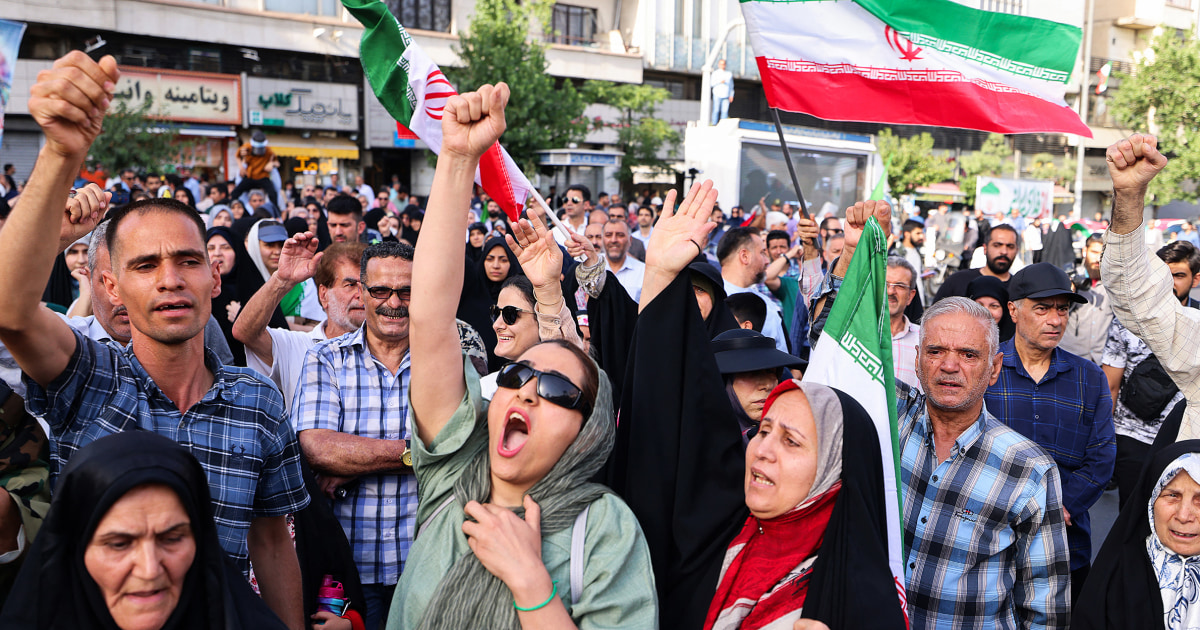China has loudly condemned U.S. and Israeli attacks on Iran, a close economic partner, but its ability to influence events in Iran and across the Middle East is most likely limited.
Together with Russia and Pakistan, China has submitted a draft resolution to the U.N. Security Council calling for an immediate and unconditional ceasefire. Last week, President Xi Jinping warned of widescale suffering if the Israel-Iran conflict continues, saying “the warring parties, especially Israel, should cease fire as soon as possible.”
The China-Iran relationship is diplomatically close, but it is also complicated. More than 90% of Iran’s oil exports go to China, according to Kpler, a firm that tracks commodities data, revenue that has long propped up the otherwise heavily sanctioned regime. Much of that oil goes through the Strait of Hormuz.
Secretary of State Marco Rubio has called on China to “use its influence” to prevent Iran from closing the strait, a key global shipping route. Iran’s state media reported that a final decision will be made by the Supreme National Security Council.
Chinese state media is openly critical of the U.S. strikes, with Xinhua, China’s state-run news agency, saying in a commentary today that “the worsening situation in the Middle East is a stark reminder that power politics and military interventions lead to nothing but chaos and instability.”
The U.S. entry into the conflict was also among the top trending topics on Chinese social media platforms today, with more than 100 million views for the hashtags “Bombing Iran’s nuclear facilities shattered U.S. credibility” and “Trump says Make Iran Great Again.”
“They cause the trouble, and we have to clean up the mess” was among the comments deriding Rubio for expecting China to help defuse the conflict.

Leave a Reply